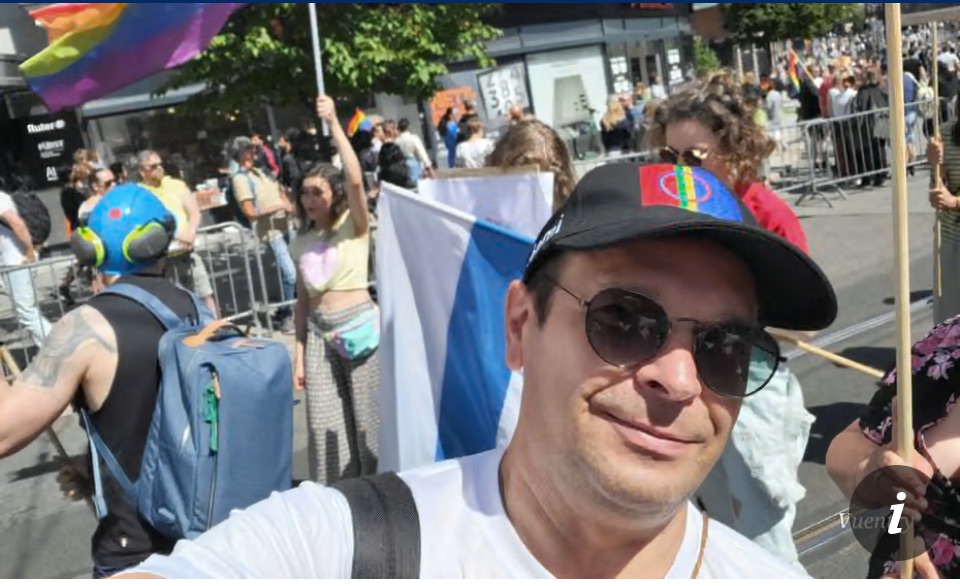Russia’s Control Over Sami People

The situation regarding the Indigenous Sami people in Russia is grave, as they are being compelled to conceal their identity due to government pressures and legal changes. The Russian administration’s actions threaten their cultural heritage and autonomy, outlining a broader narrative of dominance over minority groups.
The Russian government is implementing measures that compel Indigenous Sami people to suppress their identity. This initiative is likened to an attempt for “total control” over these communities, undermining their cultural expressions and traditions. The Ministry of Justice has introduced 55 new Indigenous groups, further complicating the representation of Sami identity within legal frameworks.
Cultural Erosion
The enforced assimilation policies pose a significant threat to the Sami’s traditional way of life. As legal pressures mount, many Sami individuals experience a disconnection from their cultural roots, leading to a gradual erosion of their identity. This tactic is detrimental not only to the Sami themselves but also to the richness of cultural diversity that exists within Russia.
Historical Context
Historically, Indigenous communities, including the Sami, have faced marginalization and systemic oppression. The current situation marks a continuation of such practices, reflecting a persistent struggle against the dominant narratives imposed by state authorities. It is crucial to recognize the historical context behind these contemporary issues to understand the depth of the conflict.
International Response
The global community has begun to take notice of the plight of Indigenous peoples in Russia, with calls for intervention and support. Activists and human rights organizations are urging for a unified response to safeguard the rights of the Sami and other Indigenous groups. Addressing these urgent concerns is essential in preserving the cultural integrity and livelihoods of marginalized communities.
Advocacy for Indigenous rights appears essential in combating these repressive measures. By raising awareness and pushing for policy changes, there is hope for the Sami people to reclaim their identity and cultural heritage. Continuous international support and solidarity are necessary in the pursuit of justice and recognition for Indigenous rights.
Taken from here